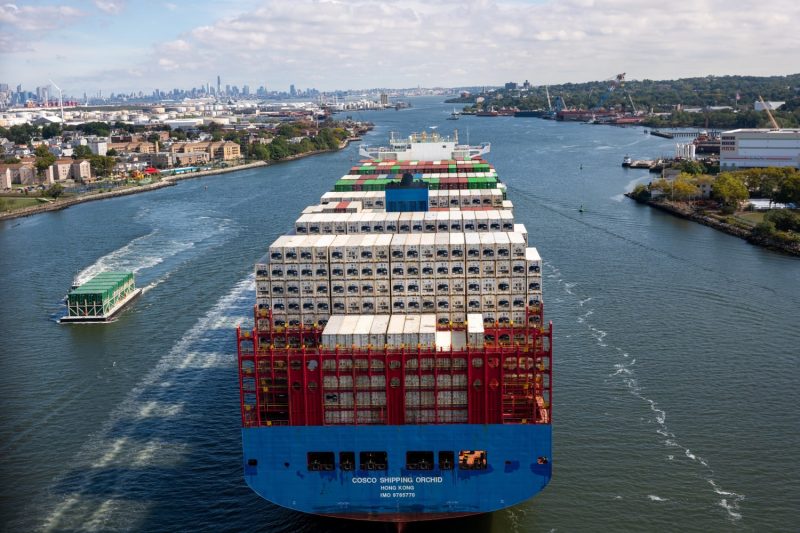In a significant turn of events, the East and Gulf Coast ports in the United States have been shut down as thousands of workers initiated a strike in response to various ongoing issues within the maritime industry. The strike, led by the International Longshoremen’s Association (ILA), has caused disruptions in the flow of goods and commodities, impacting both domestic and international trade.
One of the primary reasons behind the strike is the workers’ demand for improved working conditions and fair wages. Many workers in the maritime industry have long been subjected to strenuous working hours and hazardous conditions without receiving adequate compensation. The ILA is pushing for better labor standards and benefits for its members to ensure their well-being and livelihoods are adequately protected.
Moreover, the strike is also a manifestation of the workers’ dissatisfaction with the lack of job security and the increasing trend of outsourcing labor to non-unionized workers. The ILA is fighting against the growing practice of hiring temporary or contract workers at the expense of regular employees who belong to the union. This trend not only undermines the bargaining power of union workers but also jeopardizes the stability of the workforce in the long run.
Furthermore, the strike underscores the broader issue of globalization and its impact on labor rights and working conditions. With the rise of global supply chains and the prioritization of profit margins over worker welfare, labor disputes like this one are becoming more commonplace. The struggle for fair treatment, decent pay, and job security is not limited to the workers at the East and Gulf Coast ports but resonates with workers across various industries who are grappling with similar challenges.
As the strike continues, the disruption in port operations is starting to have ripple effects on businesses, consumers, and the economy at large. The delayed shipments and logistical bottlenecks are causing financial losses for companies relying on the timely delivery of goods, as well as inconvenience for individuals expecting imported products. The longer the strike persists, the more significant the economic repercussions are likely to be.
In response to the strike, authorities and industry stakeholders are urged to engage in constructive dialogue with the workers and their representatives to address the underlying issues and reach a mutually beneficial resolution. It is crucial to recognize the legitimate concerns raised by the ILA and work towards fostering a more equitable and sustainable working environment in the maritime sector. Failure to do so could lead to prolonged disruptions, strained labor relations, and negative consequences for all parties involved.
In conclusion, the East and Gulf Coast ports shutdown due to the ongoing strike by thousands of workers serves as a stark reminder of the importance of upholding labor rights, fair compensation, and job security in today’s globalized economy. The grievances of the workers highlight systemic issues that require attention and collective action to ensure a more just and equitable workplace for all. As the strike unfolds, it is imperative for stakeholders to engage in meaningful dialogue and find solutions that uphold the rights and well-being of the workers while maintaining the efficiency and competitiveness of the maritime industry.
